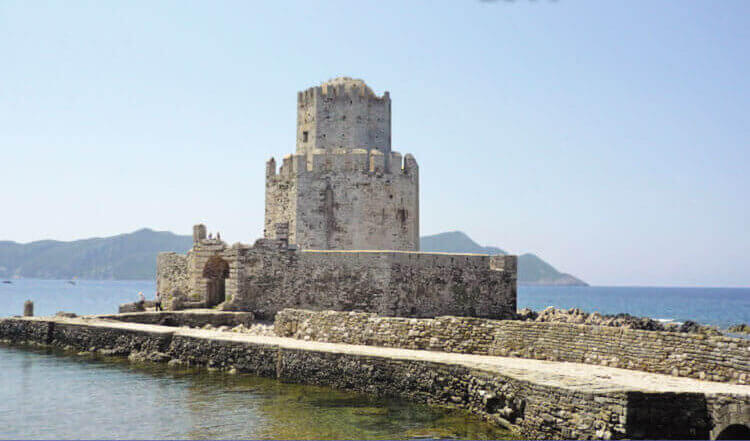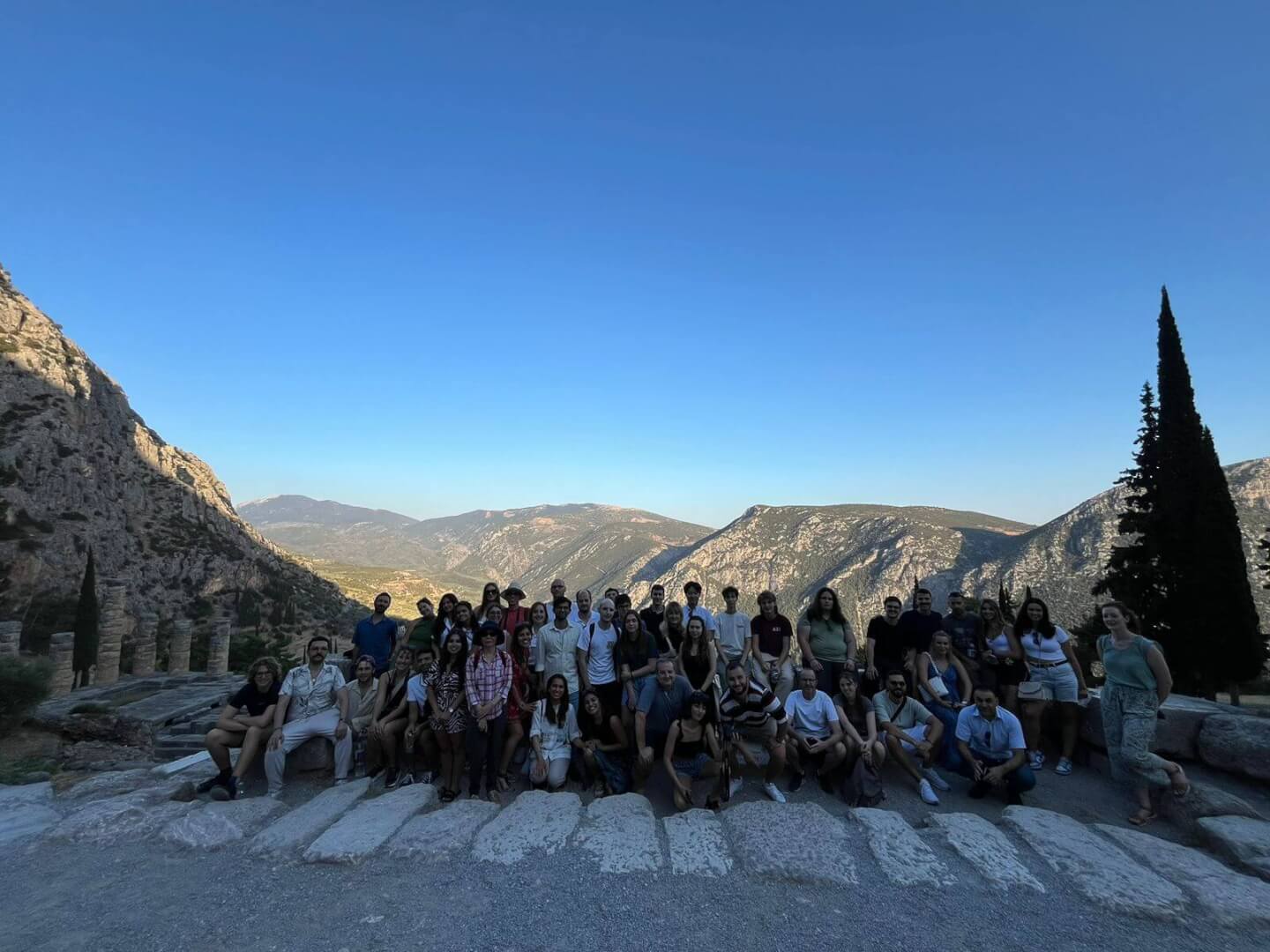Course Structure & Faculty
This year’s Olympia Summer Academy will run in parallel course-cycles:
Conflict & Identity
Religion and Politics in the 21st Century
Terrorism & Political Violence
July 7-18, 2011
Ancient Olympia, Greece
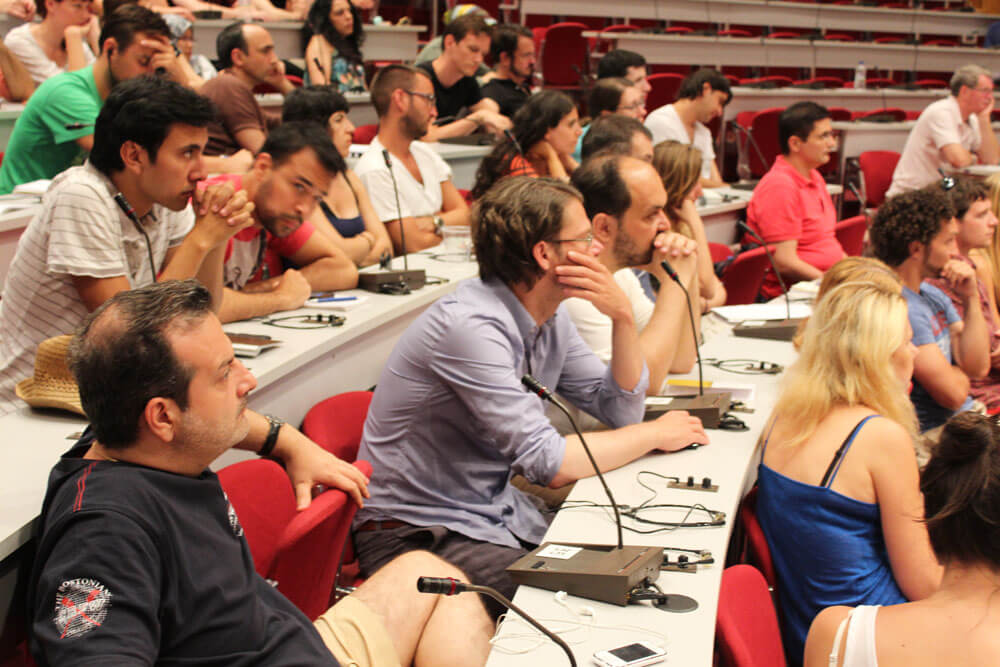

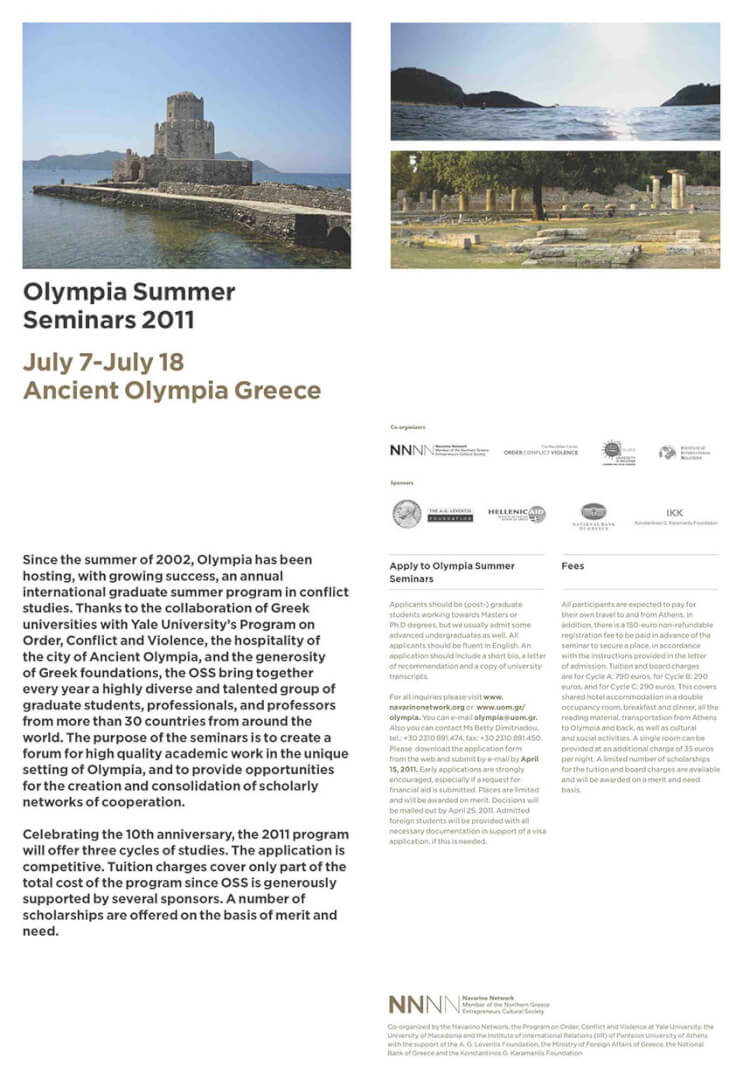
Since the summer of 2002, Olympia has been hosting, with growing success, an annual international graduate summer program in conflict studies. Thanks to the collaboration of Greek universities with Yale University’s Program on Order, Conflict and Violence, the hospitality of the city of Ancient Olympia, and the generosity of Greek foundations, the OSS bring together every year a highly diverse and talented group of graduate students, professionals, and professors from more than 30 countries from around the world.
The purpose of the seminars is to create a forum for high quality academic work in the unique setting of Olympia, and to provide opportunities for the creation and consolidation of scholarly networks of cooperation. Celebrating the 10th anniversary, the 2011 program will offer three cycles of studies. The application is competitive. Tuition charges cover only part of the total cost of the program since OSS is generously supported by several sponsors. A number of scholarships are offered on the basis of merit and need.
Co-organized by the Navarino Network, the University of Macedonia, and the Program on Order, Conflict and Violence at Yale University with the support of the A. G. Leventis Foundation, the Ministry of Foreign Affairs of Greece and the National Bank of Greece together with the Municipality of Ancient Olympia and the Olympia Inter-Cultural Center.
A: Conflict & Identity

Course Description
The study of conflict has made tremendous strides in the last fifteen years: new tools and new perspectives have advanced our understanding of its causes, dynamics, and consequences. In particular, the study of internal conflict and various forms of political violence has come to the foreground. The objective of this course is to cover the evolution of this naturally interdisciplinary field, in a way that is simultaneously synthetic, sophisticated, and accessible. In exploring the intersection of large-scale political violence, we will draw from several disciplines and subfields: political science (including international relations and comparative politics), sociology, history, and economics.
We will examine a variety of substantive issues and review the methodological tools deployed in their study. Topics include the causes and dynamics of such phenomena as civil war, nationalism and ethnicity, mass violence and genocide, riots and pogroms; the logic of rebel group formation, cohesion, and performance; and the review of historical, quantitative, and experimental approaches to the study of conflict. Our geographic focus will be as broad as our methodological perspectives will be eclectic. At the end of this course, students will acquire a solid grasp of cutting edge research on conflict.
Faculty
Laia Balcells (Ph.D., Yale), Researcher, Institute for Economic Analysis, Spanish Higher Council for Scientific Research
Christopher Cramer (Ph.D., Cambridge), Professor of the Political Economy of Development, SOAS
Stathis Kalyvas (Ph.D., Chicago), Arnold Wolfers Professor of political science, Yale University; director of the Program on Order, Conflict, and Violence at Yale
Dimitris Keridis (Ph.D. Tufts), Associate Professor of International Relations, University of Macedonia
Paul Staniland (Ph.D., MIT), Assistant Professor of political science, University of Chicago
B: Religion and Politics in the 21st Century

Course Description
What theoretical models and empirical tools are useful for scholar-practitioners dealing with religion in contemporary international politics? Is it possible to differentiate and balance human rights and religious freedom in the face of security concerns and material priorities? How do religious lobbies act domestically and how do religions operate transnationally to change political discourse, processes, and outcomes? How do different religions deal with the state, war, and violence? This seminar will address these questions, with a particular focus on case studies to illustrate the theoretical and conceptual architecture and operational complexities related to the nexus between religion and politics and the 21st century.
Faculty
Elizabeth H. Prodromou, Asst. Prof. in the Boston University Dept. of International Relations and Vice Chair of the United States Commission on International Religious Freedom
Leonard Leo, Executive Vice President of the Federalist Society for Law and Public Policy Studies and Chair of the United States Commission on International Religious Freedom.
Schedule
July 8: The State of Play in Theory and Praxis: What’s the Meaning of Secularity and Modernity?
July 9: Religious Freedom and International Human Rights
July 10: Religion and US Foreign Policy: A Case Study of Lobbies, Legislation, and Results
July 11: Violence in the Name of Religion: Are All Fundamentalisms the Same?
C: Terrorism & Political Violence
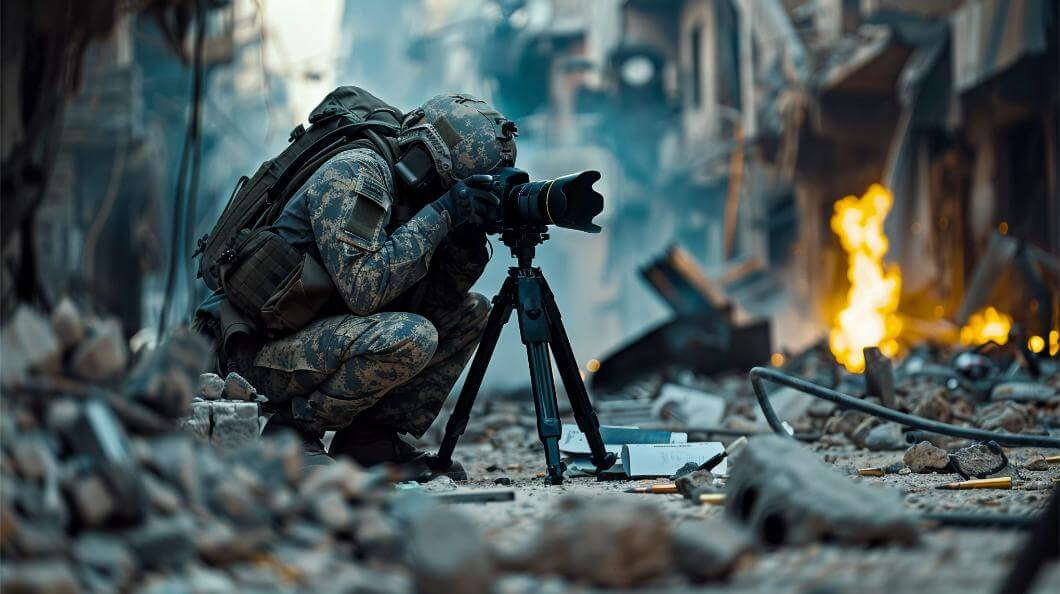
Course Description
Terrorism dominates the deadlines. Yet few attempt to think critically about a phenomenon that has arguably become the pre-eminent security preoccupation of western states and societies. To this end, the seminar seeks to provide an overview of the state-of-the-art in the study of terrorism, while also debate whether there is a significant continuity or transformation in terrorist behaviour.
Topics that will be covered include: the causes of terrorism, “old” versus “new” terrorism, the place of terrorism within the broader context of political violence, the politics of terrorist risk perception, the global war on terror and counterterrorism.
Richard English, (Ph.D., Keele), Professor of Politics & Head of School, School of Politics, International Studies and Philosophy, Queen’s University, Belfast
Andreas Gofas (Ph.D., Warwick), Lecturer in International Relations, Panteion University; IIR Research Fellow
Stathis Kalyvas (Ph.D., Chicago), Arnold Wolfers Professor of Political Science, Yale University; Director of the Program on Order, Conflict, and Violence at Yale
Harry Papassotiriou (Ph.D., Stanford), Professor of International Politics, Panteion University; IIR Deputy Director
